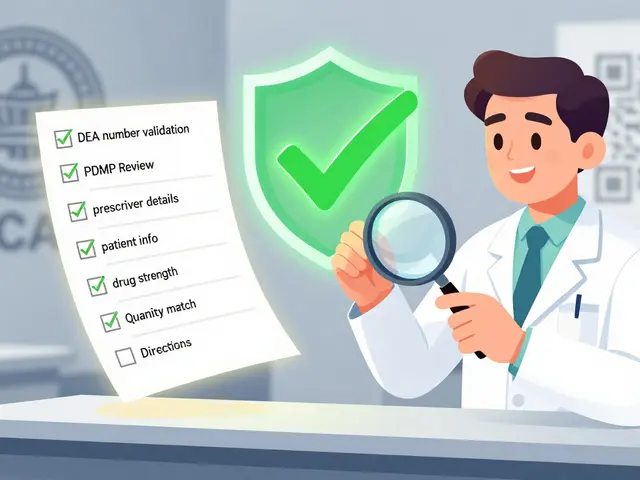Hydroxychloroquine: Uses, Risks, and Safe Online Buying Tips
Hydroxychloroquine is a prescription medicine used mainly for malaria prevention and to treat autoimmune conditions like lupus and rheumatoid arthritis. Doctors prescribe it when inflammation needs long-term control and other drugs aren’t working well. It’s not a harmless vitamin—this drug affects the immune system and has real risks.
How it works is partly simple: hydroxychloroquine dampens immune activity and can change how cells handle certain signals. For malaria it interferes with parasites inside red blood cells. For autoimmune disease it lowers inflammation in a slow, steady way. Benefits often take weeks to show, so patience matters.
Typical doses vary by condition and body weight. For lupus and rheumatoid arthritis doctors often use 200 to 400 mg daily, adjusted for weight and kidney function. For malaria prevention shorter courses and different dosing apply. Never copy a dose you read online; follow your prescriber's plan and ask if you’re unsure.
Side effects range from mild to serious. Stomach upset, headache, and skin rash happen fairly often. Two risks need attention: retinal toxicity and heart rhythm problems. Retinal damage can be permanent, so eye exams before starting and annually after five years are standard. Hydroxychloroquine can also prolong the QT interval, so people with heart disease or who take certain antidepressants, antipsychotics, or other QT drugs need monitoring.
Drug interactions matter. Combining hydroxychloroquine with other QT-prolonging drugs raises cardiac risk. Antacids can reduce absorption; separate timing by a couple hours. If you take blood sugar medication, hydroxychloroquine can increase low blood sugar episodes. Share a full med list with your clinician.
You probably remember the COVID-19 headlines. Early lab studies showed activity against viruses, but clinical trials did not prove benefit and highlighted safety concerns. Today most guidelines don’t recommend hydroxychloroquine for COVID outside trials. Stick with treatments your doctor endorses.
Buying hydroxychloroquine online? Only do it with a valid prescription and from a licensed pharmacy. Check for clear contact info, pharmacist access, and registration with a national regulator. Be wary of sites that sell without prescriptions, offer dubious discounts, or ship from unknown locations. Fake or substandard meds risk health and legal trouble.
Alternatives depend on the condition. For lupus and arthritis, methotrexate, sulfasalazine, biologics, or steroids may be options—each has its own risks and need for monitoring. For malaria prevention travelers often use atovaquone-proguanil or doxycycline instead, depending on destination.
If you’re taking or considering hydroxychloroquine, talk openly with your doctor about benefits, eye exams, heart checks, and how to source the drug safely. Keep records of exams and prescriptions, and report any vision changes or palpitations right away.
Pregnancy and breastfeeding need special care. Hydroxychloroquine is sometimes continued in pregnancy for lupus because uncontrolled disease is risky, but discuss timing with your obstetrician. Store meds in a cool, dry place away from children. Check expiration dates and never use tablets that look different. Ask your pharmacist if you have any doubts about supply, dose, or side effects. Keep emergency contact info for toxic exposure handy.





